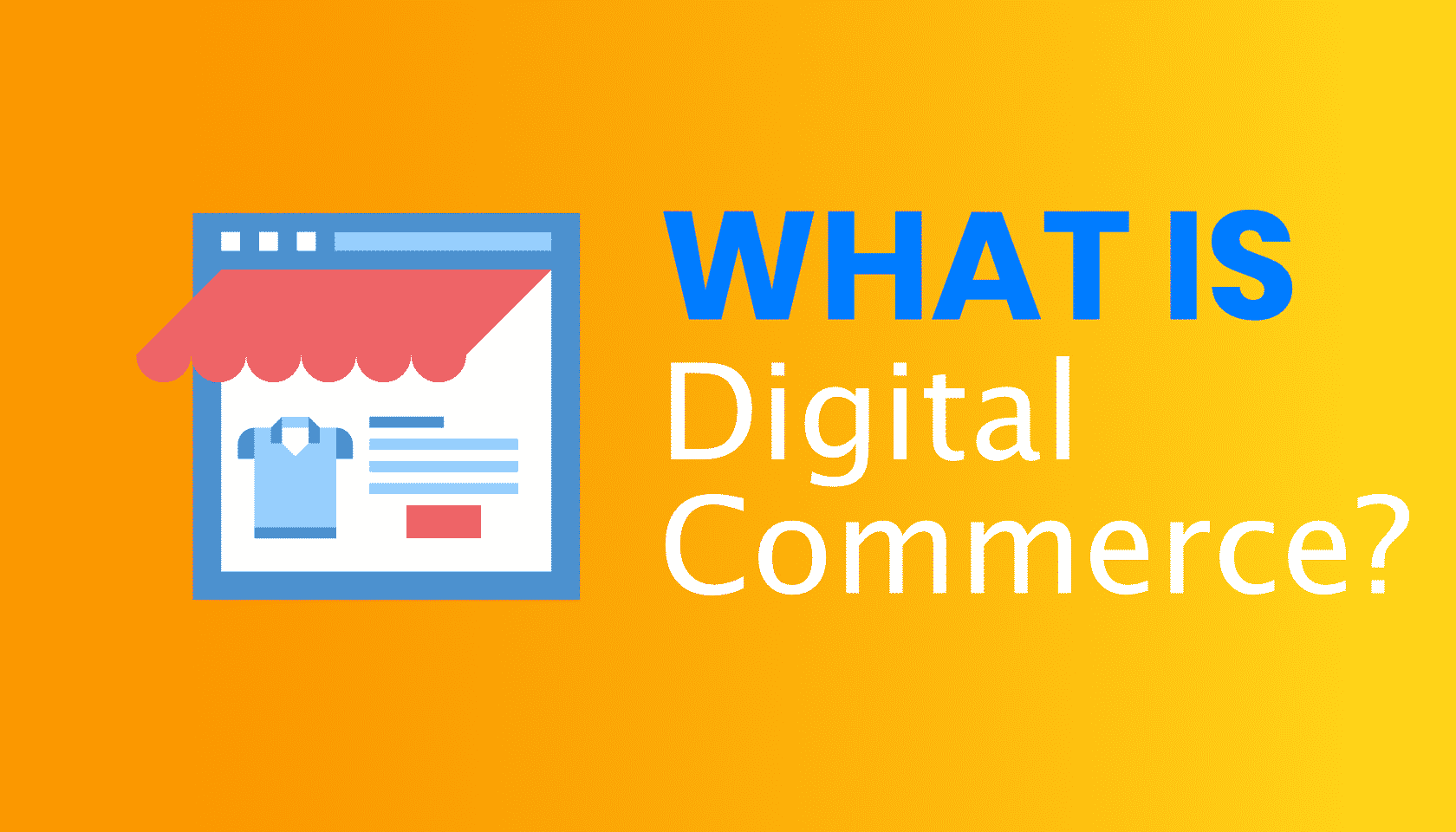
Peter Jobes
Definition of Digital Commerce
Digital commerce can actually have two definitions.
The first is the most commonly associated with the term, which is any kind of goods or commerce (food, clothes, electronics, books, ebooks, anything you can think of!) that’s sold online and then delivered to the user.
The second regards any kind of commerce that’s sold digitally, where there’s no physical product to deliver (such as ecourses and the aforementioned ebooks, as well as downloadable software or movies and the like).
Digital commerce for downloadable, non-physical content has greatly developed over the last ten years thanks to high-speed internet making the process quick and easy, and companies have been fast to utilise the power of offering a service that requires no delivery fees for couriers.
Websites like Amazon and iTunes now have a huge presence in digital commerce, while the world of computer gaming offers downloadable content as a means of expanding their existing products’ sales and interest.
The convenience of digital commerce has also greatly enabled online learning. eBooks have become a staple for commuters keen to occupy their time during the commutes to work and eLearning courses have been developed as a means of enabling thousands of people to learn without having to leave the house to attend classes or visit tutors.
Digital commerce has also seen household names in the world of physical products change tact. The comparative cheapness of offering a PDF as opposed to a magazine or newspaper has revolutionised modern journalism, for example – with British news outlets like The Times and Financial Times turning their concentration away from paper and putting their online content behind a paywall as a method of profiting online. The Independent has also withdrawn the distribution of their newspapers and turned fully digital. While The Mail Online has proven to be a vastly successful cash cow for The Daily Mail Group, but primarily through the well-positioned advertising that its eight-figure monthly audience is exposed to.
In light of this, it’s hard to argue against Digital Commerce positioning itself as the future of online custom.
If you’re considering offering a premium online service with your website, then it’s never been simpler to build a digital commerce store. PayPal is widely used along with other merchant companies like Chase, BluePay and PaySimple enabling stress-free transactions with customers. Another thing to remember is the all-important SSL certificate that ensures that your customer’s private card information is safe.
Tip: When it comes to starting up a website that sells online content and makes money through consumer purchases, it’s vital not to cut corners with your merchant account. Investing in an unreliable third-party site to deal with transactions could lead to losing yourself or your customers’ money, and the subsequent financial and reputational damage isn’t worth risking.
Further Reading:
1. 4 Steps To Making Money With Amazon Affiliate Program (+9 Tips)
2. 100 Business & Marketing Websites Every Entrepreneur Should Read & Follow
3. 5 Ways to Build Customer Trust & Reputation with Social Media

Peter Jobes
Content Marketing Manager

